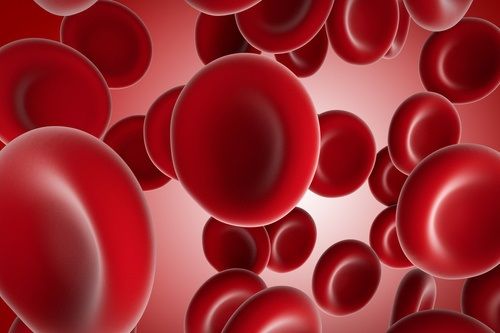Article
Breakthrough Designation for Hemophilia Therapy
Author(s):
The FDA gave a gene therapy for bleeding in hemophilia B breakthrough status.

A Netherlands gene therapy company announced that the US Food and Drug Administration (FDA) has given breakthrough therapy status to its experimental product to halt spontaneous bleeding in patients with severe hemophilia B.
According to unQure, NV, its product called AMT-060 showed in phase 1-2 studies that it was effective at achieving "near cessation of spontaneous bleeding in patients with severe disease at up to 12 months follow-up."
If results hold up, the treatment could be curative, instead of the prophylactic and rescue treatments currently used, according to the company.
The data were recently presented at the American Society of Hematology Annual Meeting.
“The FDA’s decision to prioritize and expedite the review of AMT-060 is an important milestone for uniQure and we are committed to working closely with the FDA to rapidly advance our hemophilia B program into late-stage development,” said Matthew Kapusta, chief executive officer of uniQure.
According to a news release from the company all five patients in the low-dose cohort, whose bleedings were previously uncontrolled despite being managed with prophylactic therapy, continue to maintain, constant and clinically meaningful levels of Factor IX ( FIX) activity for up to 52 weeks post treatment, resulting in a complete cessation of spontaneous bleedings in the last 14 weeks of observation.
The company added that AMT-060 continued to be well-tolerated with no adverse events that were serious.
Three out of the total of 10 patients (two in the second-dose cohort and one previously reported from the low-dose cohort) experienced mild, asymptomatic elevations of alanine aminotransferase (ALT) and received a tapering course of corticosteroids per protocol. The temporary elevations in ALT were not associated with any loss of endogenous FIX activity or T-cell response to the AAV5 capsid, the company noted.
No patients across either cohort developed inhibitory antibodies against FIX and no patients screened in the study tested positive for anti-AAV5 antibodies.
Hemophilia B is a rare inherited disease that occurs in one of 30,000 live births. Treatment consists of intravenous infusions of plasma-derived or recombinant hFIX to prevent bleeds. If bleeding occurs treatment is daily infusions of these clotting factors.





